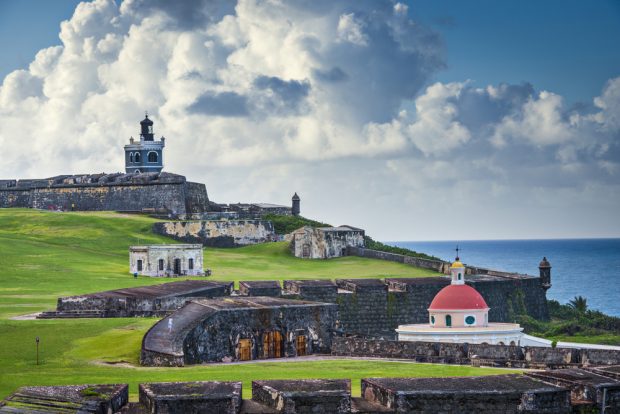The Government Is Failing Puerto Rico

Federal assistance for Puerto Rico is proving to be woefully inadequate:
Federal officials privately admit there is a massive shortage of meals in Puerto Rico three weeks after Hurricane Maria devastated the island.
Officials at the Federal Emergency Management Agency (Fema) say that the government and its partners are only providing 200,000 meals a day to meet the needs of more than 2 million people. That is a daily shortfall of between 1.8m and 5.8m meals.
The scale of the food crisis dwarfs the more widely publicized challenges of restoring power and communications. More than a third of Puerto Ricans are still struggling to live without drinking water.
Even if we allow for the logistical problems in delivering and distributing food and water to everyone on the island, this is an inexcusable failure that needs to be corrected immediately. If a similar number of Americans on the mainland were without food and potable water for this long, it would be treated as a major scandal and it would be the top story in the news every day. Because it is happening in a territory with no political clout, it is not being taken as seriously as it should be. While the president repeatedly congratulates himself on what a great job he imagines he has done, the federal response to the disaster in Puerto Rico has been unacceptably poor. In terms of providing the most basic necessities in the wake of a major disaster, the government is failing millions of its citizens. The article continues:
World Central Kitchen, founded by chef José Andrés, cooks and distributes 90,000 meals a day through a network of local chefs and kitchens.
Its Fema contract, to provide just 20,000 meals a day, ended on Tuesday. Fema insists it is bound by federal rules that mean it will take several weeks for a new contract to emerge to feed more Americans.
“There is no urgency in the government response to this humanitarian crisis [bold mine-DL],” Andrés said. “They have all the officials and armed guards at headquarters, but they have no information about the island. They don’t even have a map they can share about who needs food. Fema is over-paying and it is under-delivering.”
Almost all of the island remains without power, and the number of people without electricity has actually risen in recent days. 40% don’t have clean drinking water. Recovery efforts in the the island’s more remote and mountainous areas are proceeding much more slowly. The administration allowed its 10-day waiver of the Jones Act to lapse, and they say they won’t be renewing. The waiver might not fix the immediate problems, but it would contribute to the island’s future recovery. It is little wonder than tens of thousands of Puerto Ricans are already leaving the island, and if the government’s response to the disaster continues to be as lacking as it has been that number will keep growing.
Comments